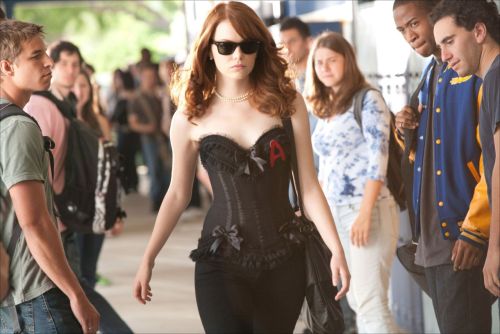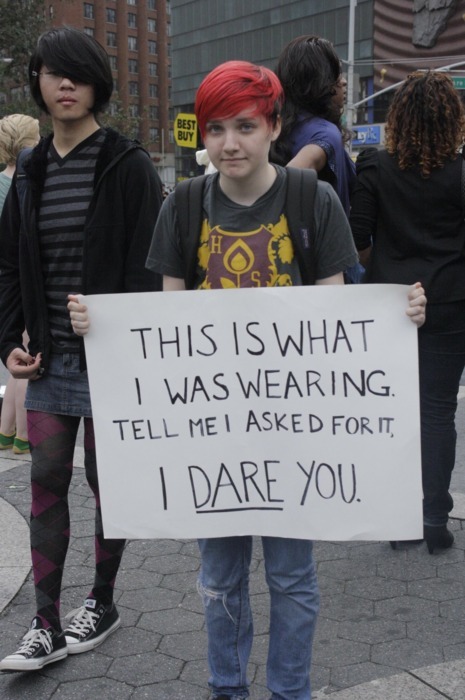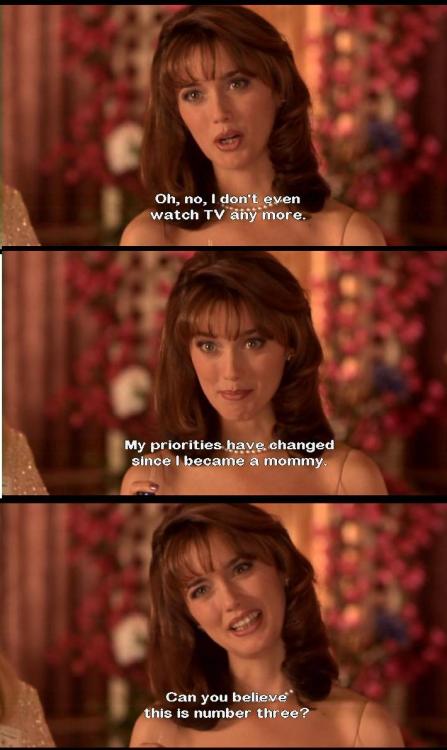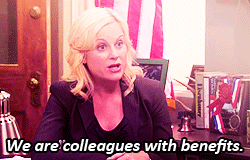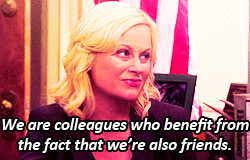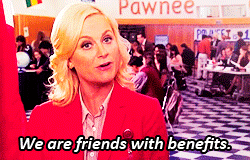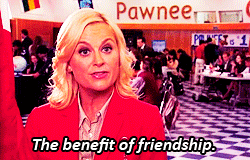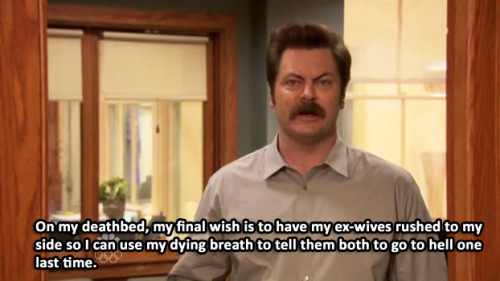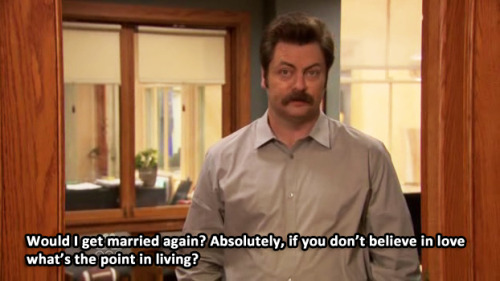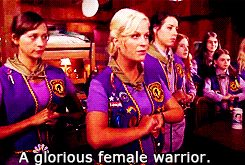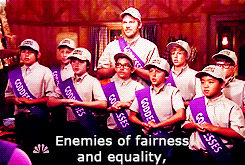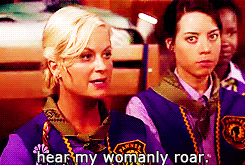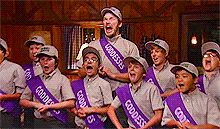Wait. What?! Did he really say that? Yes, he did. And on a college campus, too. This man’s absurd comment was the spark to feminism’s biggest international series of protests in recent history (Valenti). “SlutWalks” have been organized throughout the world to protest a culture that is too permissive about rape and sexual assault. It is too common that we take the fault from the offender and blame the victim and because of this, we live in a society that teaches how not to get raped when we should be teaching don’t rape!
First, lets discuss the concept of what it means to be a slut. A person, especially a woman, considered sexually promiscuous is the technical definition of a slut. There is a negative connotation put on the term so much so that calling a woman a slut is the same as saying she is cheap and easy, she has no self respect and little self esteem. However, in our society, there is a conflict between appearance versus reality. Even if she is a virgin, people will assume a woman who dresses provocatively is a slut or “looks slutty.”
In the 2010 film, Easy A, Emma Stone’s character, Olive, is an intelligent and modest high school student who helps her homosexual friend gain popularity with the cool boys by pretending to have sex with him. Later, she allows all of the school’s nerds to claim they have had sex with her in hopes that they too will rise in social standing. Olive quickly develops a reputation as the school’s slut and decides to make it a positive thing by dressing more provocatively. Her female classmates are quick to scrutinize her and even her best friend deserts her. A boy at school contracts a sexually transmitted disease and wrongly blames it on Olive. After an unfortunate date, the boy Olive is with expects to get sex because he “paid” for her and is upset after she dismisses him. Feeling like an outcast and disgusted with her treatment from others, she divulges the truth on the Internet to take back her innocence.
Easy A demonstrates how our society misjudges women who appear to be sexually alluring and the mistreatment they receive because of it. Olive was a virgin throughout the film but because one boy claimed to have sex with her and because she tried to own her sexuality by dressing “slutty” she was regarded as a diseased prostitute. Even if she was having sex with all of these people, if she enjoyed it and was proud of her sexuality and seductive appearance, she still would be likely to be called a slut. “Essentially, the idea of a “slut” is a myth told to women to keep them in their place. Just as Santa will not actually bring you coal on Christmas if you break a few of the house rules, you will not actually turn into an intrinsically tainted, unpalatable creature if you break one of society’s rules and have sex with one too many men. The word “slut” isn’t a criticism for having too much sex necessarily, but for being a woman: a real, living, breathing woman with quirks, foibles, normal sexual feelings, and personality; and failing to live up to the societal ideal for a woman: the passive, pliable, perpetually innocent, and sexually available Barbie doll” (Women’s Glib). One of the goals of the SlutWalk protests is to destroy the derogatory ideas behind the term “slut” so that women can express themselves as sexual beings and be socially accepted without fear of being chastised.
When that Police officer, Constable Michael Sanguinetti, said that to avoid getting raped, women should avoid dressing like sluts, he was basically saying that girls who wear revealing clothes are “asking for it.” He is taking all of the blame off of the rapists and making women feel responsible for their victimization. Rather than making men who rape feel disgraceful and pathetic and disgusting, his words make victims of rape or sexual harassment feel ashamed and humiliated.
Many of the SlutWalk participants are often scantily clad to bring awareness to the degradation and “slut-shamming” women face for expressing their sexuality and to assert their right to wear whatever they want without fear of rape. “It’s not too much to ask men and boys to ‘look, but don’t touch.’ A young woman who wants to be noticed, even desired, without being assaulted isn’t making an unreasonable request. She’s not defying the facts of biology. She’s asking to be watched, appreciated, and left unharmed. Saying that she’s asking to be raped is like saying that a talented actor who portrays an unsympathetic villain particularly well on screen is asking to be attacked by an outraged member of the movie-going public. There’s a difference between a performance and an invitation, and it’s not that hard—really, it’s not—to distinguish the two” (Shwyzer).
What this officer, and those who think similarly, doesn’t understand is that rapists do not discriminate. It doesn’t matter at all what a woman is wearing, the rapist looks for vulnerable, physically weaker victims. According RAINN, “15% of sexual assault and rape victims are under age 12. 29% are age 12-17. 44% are under age 18. 80% are under age 30. 12-34 are the highest risk years. Girls ages 16-19 are 4 times more likely than the general population to be victims of rape, attempted rape, or sexual assault.” Being a victim of rape has nothing to do with clothes. Rapists attack those who are easiest to rape not those who show a little leg. Many participants of the SlutWalks are dressed in casual attire, some are victims of sexual violence who wear the same clothing they had on when they were assaulted.
The SlutWalk protesters are not only hoping to convince people like Constable Sanguinetti that “my dress does not mean yes” but they are expressing their anger and frustration about having to live in a society that not only allows but encourages women to live in fear. It is not surprising that most sexual assaults go unreported. Why should women go to the cops when they will be told that they were asking for it because they were wearing “suggestive” clothing or any other lame excuse anyone can come up with to blame the victim? It is so common for women to “deal with” sexual assault that they are perpetually in a lose lose situation. It becomes so normal to women after a while to be harassed that it would be wonderful to just be able to say “no” without fear of getting hurt but after realizing the dangers of potentially angering men, women tend to be sweet about it; they smile and play nice because they constantly fear that this one guy might be the one to hurt them and if he does, she will be told that she lead him on.
The cultural misconception that what women wear or how they act make them a target for rape is dangerous and damaging. When we as a society blame victims of rape and sexual harrassment we are perpetuating the myth that they were somehow “asking for it.” If we keep teaching women how not to get raped rather than teaching men not to rape and holding sexual assailants responsible for their actions we will remain an unequal population with half of us living in fear. This is not to say that all men are rapists; “most men can be visually stimulated, act decently and enjoy non-threatening, healthy ways of expressing their attraction to a woman. They can then, with consent, enter into dialog and relationships -- short or long -- with them” (Chemaly). There are many male participants in the SlutWalk protests who support the women’s movement. These are the men we need to help teach our boys not to rape.
There is a huge double standard for men and women. The message society is sending to our young people is that men are sexual creatures and if they don’t “get any,” they take it and they shouldn’t be blamed for rape because they are men and they are sexual creatures and women, who are not sexual creatures, who get raped must have put themselves in that situation because they either look a certain way, dress a certain way, or act a certain way.
Remember Grease? Do you remember singing along to “Summer Nights” while one of the T-Birds gleefully inquired as to whether Danny had raped Sandy? “Did she put up a fight?” How has nobody caught on to this? It is as if casually asking your buddy if his girlfriend put up a fight is the same as asking if she had a single friend. What is even more odd about that scene, is when Kenickie asked about the fight, nobody batted an eyelid but when Sonny wanted to know about the potential friend, the guys halted mid-song to give him a dirty look. Why? Danny and the T-Birds can sing about Danny’s summer having sex while his friends question possible rape but God forbid Sandy and the Pink Ladies sing about anything other than drinking lemonade and being home by ten o’clock. Grease has displayed a gendered double standard in musical form.
The media has maintained a societal acceptance of sexual harassment. “Public media harassment of women, particularly in the political arena, is the same sexual harassment; it's just a larger street. Tell me the difference between a man that calls me a ‘dumb bitch’ for not smiling nicely to him on the street and one that refers to Hilary Clinton as emasculating while recapping her debate performance or Sarah Palin as a MILF after hers? Both are predicated on the idea that all women’s bodies are available and accessible to men” (Chemaly).
SlutWalk is about igniting change. We need to change the way society regards sex and sexuality. We live in a country that is supposed to be free, where its citizens are all equal but when a woman cannot freely wear clothing of her choice without fear of being criticized, when she cannot freely enjoy sex and openly express her sexuality without fear of being mistreated, when she cannot freely be alone in certain places without fear of being attacked, when she cannot freely say, “no,” without fear of being hurt, and when she cannot freely report a rape or sexual assault without fear of being blamed for her own victimization, “this is a social injustice that undermines our most lofty claims about what America represents” (Chemaly).

